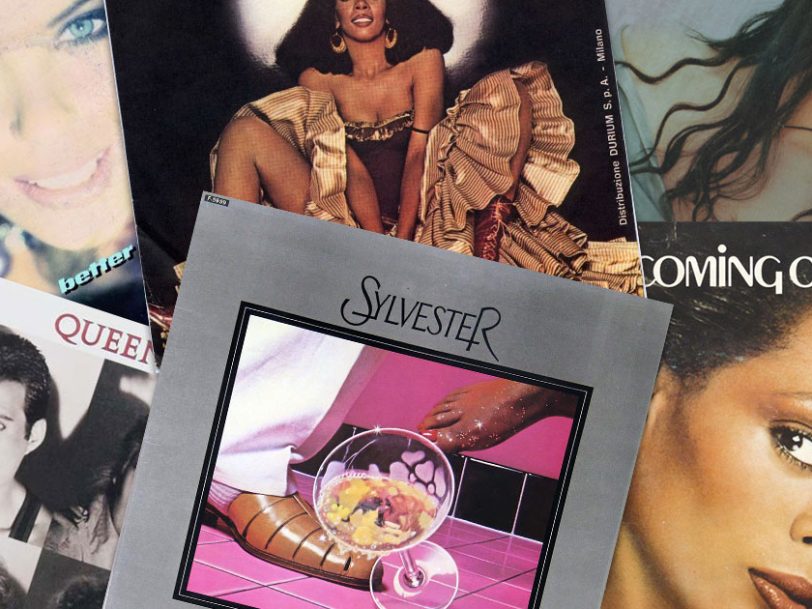What makes the ultimate LGBTQ+ Pride anthem? A euphoric (usually female) vocal? The call to arms of emboldened identity or perhaps a powerful piece of evocative storytelling? Maybe just perfect timing – simply the right song at the right moment? These 70 best LGBTQ+ Pride songs all exemplify much of that list, but also deliver an extra special something that elevates their status from a worthy canon. Music can effect change, and this countdown is the narrative of a struggle that’s decades in the making, with so much achieved but still so much further to go…
Listen to 100 great Pride anthems here, and check out the best LGBTQ+ Pride songs, below.
70: Laura Branigan: Gloria (1982)
The late Laura Branigan had a pair of lungs that could demolish a house, and she put them to great use on this soaring, synth-disco update of the Umberto Tozzi Italo-pop original, going on to storm the US and UK charts in late 1982. Gloria’s dramatic English-language lyrics offered some common-sense counselling that all of us could do with now and then… Shortly before her death, in 2004, Branigan re-recorded the track with a Hi-NRG update, but nothing beats her original treatment (or can match her other great gay club hits – 1984’s Self Control and the 1987 Stock Aitken Waterman collaboration Shattered Glass).


